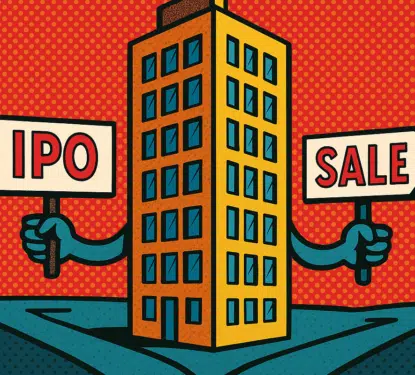Real estate companies can be tenants too, and when they are tenants in a smart building the technology can influence their decisions in the same way it does for their real estate clients. That’s what is happening in a four-story building near Schiphol airport, just outside Amsterdam, where $14.2-billion real estate services firm CBRE is reconsidering its own office space needs after gaining insight from its recent smart lighting installment. CBRE has been trialing some 400 ceiling luminaires from Aurora, outfitted with chips and sensors from Gooee, a company developing enabling technologies for lighting-centric Internet of Things (IoT) applications. The lighting installment is spread over an area of 4000m2 that covers the entire second floor, occupied by 80 employees, and was meant as a trial for the firm who intended to expand their office over the entire first floor of the building too. The data produced during the trial, however, has demonstrated that they only […]
Most Popular Articles

Securitas Technology Achieves $5.7B Revenue Accounting for 33% of Group 2024
This Research Note examines the electronic security business of Securitas, rebranded as Securitas Technology, based on investor presentations and their 2024 annual report. This article highlights the financial performance and progress of the business in integrating the STANLEY Security acquisition and repositioning the group as a technology-based supplier of integrated solutions in higher growth markets. […]

MRI Software: Exploring the 2025 IPO & Sale Options
This Research Note examines a report from Reuters that MRI Software is to be listed in an IPO or sold. We explore the development of the business over the last 10 years, since it was acquired by private equity owners, highlight their software acquisitions for commercial real estate applications addressing integrated workplace management, tenant experience […]

Podcast 40: Stiles Property Management Found $400K+ in Hidden Savings
Most property managers know their buildings are hemorrhaging money through inefficient systems. The problem? They have no idea where to start looking. Devon Newton, VP of Property Management at Stiles, faced this exact challenge with 110 East, a new Class A development in Charlotte’s Southpark district. Despite managing 116 properties across the Southeast, she found […]
